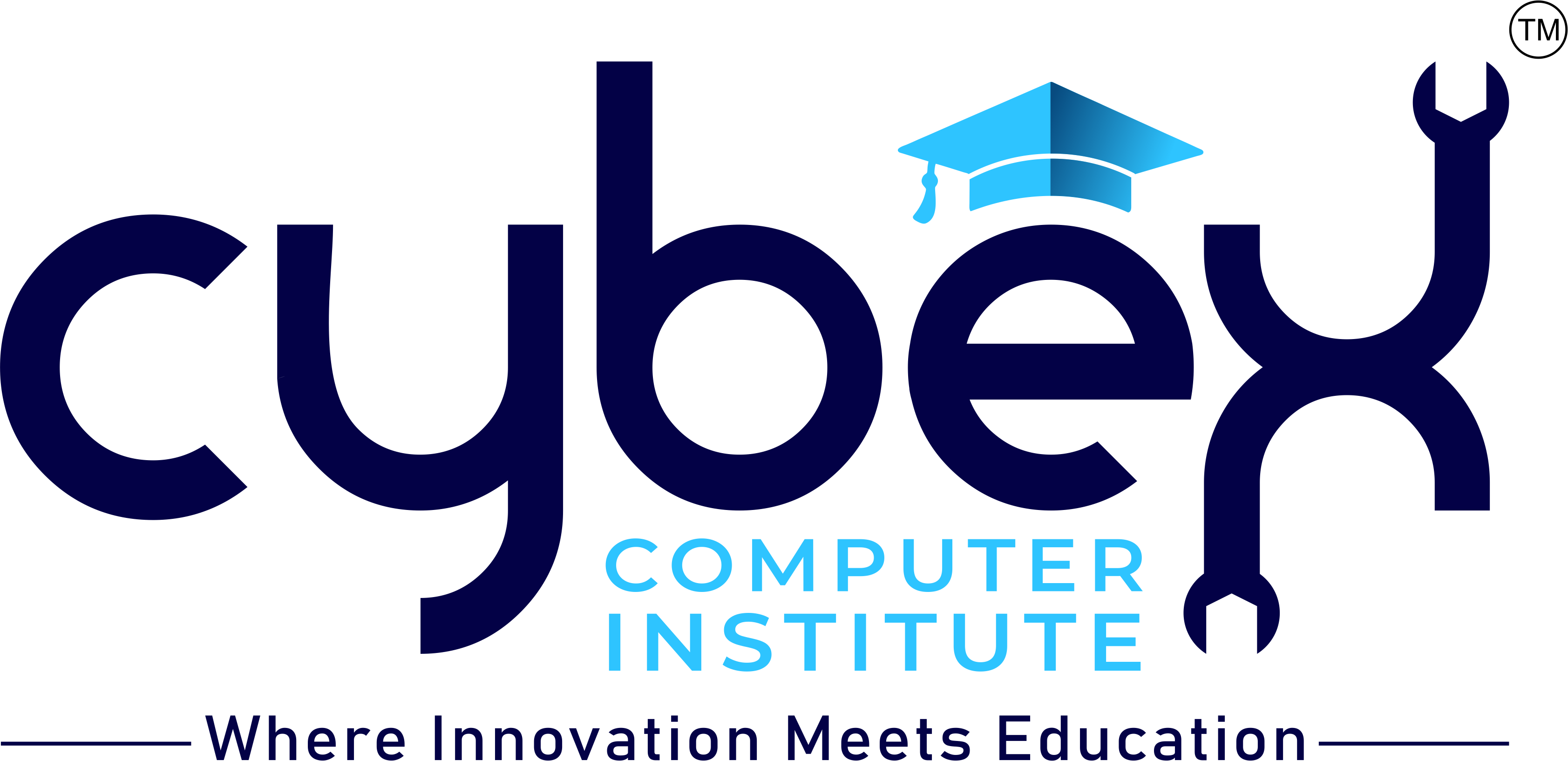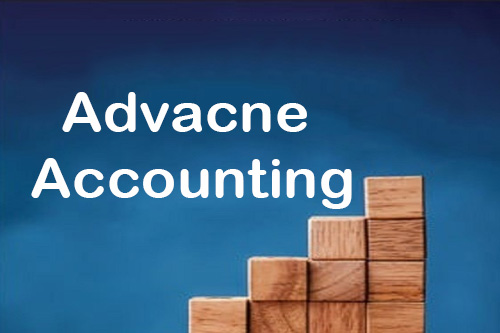Course Outline:
Advanced Accounting Principles:
Modern Accounting Frameworks:
Understanding the structure and function of advanced accounting systems used in professional environments.
Exploring concepts of journal entries, ledgers, trial balances, and final accounts with a focus on accuracy and compliance.
Financial Reporting and Analysis:
Preparation and interpretation of comprehensive financial statements.
Techniques for analyzing balance sheets, profit and loss accounts, and cash flow statements for better financial decision-making.
Taxation and Compliance:
Income Tax Fundamentals:
Detailed study of income tax laws, forms, and filing procedures.
Practical applications of tax computation, exemptions, deductions, and tax planning for individuals and businesses.
Goods and Services Tax (GST):
Comprehensive understanding of GST structure, registration, invoicing, and return filing.
Application of tax laws to real-life business transactions and advanced case studies.
Advanced Tax Scenarios:
Hands-on learning with live numerical examples and practical cases to strengthen compliance and reporting skills.
Banking and Financial Systems:
Banking System of India:
Overview of the structure and functions of Indian banking institutions.
Understanding account management, credit systems, and digital banking processes.
Investment and Financial Instruments:
Introduction to mutual funds, the share market, and investment planning strategies.
Learning about fund transfer methods such as RTGS, NEFT, and IMPS, and their role in modern banking operations.
Financial Management and Decision-Making:
Cost and Budget Control:
Understanding costing methods, expense control, and budgeting for efficient business management.
Techniques for analyzing and managing financial performance using data-driven insights.
Strategic Financial Planning:
Developing strategies for financial growth, liquidity management, and business sustainability.
Applying accounting information for strategic business and investment decisions.
Ethics and Professional Standards:
Professional Conduct and Integrity:
Emphasis on ethical decision-making, confidentiality, and accuracy in financial reporting.
Understanding responsibilities and compliance within the accounting and banking professions.
Practical Applications and Case Studies:
Real-World Case Studies:
Analysis of real-life accounting, taxation, and banking scenarios to apply theoretical knowledge to practical situations.
Exercises designed to build confidence in managing live financial data and compliance requirements.
Capstone Project:
Final project integrating advanced accounting, taxation, and banking concepts to demonstrate practical expertise in handling professional tasks independently.
Learning Outcomes:
By the end of this course, participants will:
-
Develop a deep understanding of advanced accounting, taxation, and banking concepts.
-
Be proficient in preparing, analyzing, and managing financial records and compliance documents.
-
Gain the ability to interpret financial data for strategic business decision-making.
-
Understand the complete taxation process, from computation to filing and compliance.
-
Acquire professional knowledge of India’s banking system and financial instruments.
-
Be career-ready for roles such as accountant, tax consultant, finance executive, or banking professional.
Target Audience:
This course is ideal for students, aspiring accountants, entrepreneurs, and working professionals who want to advance their careers in accounting, taxation, or banking. It is especially suited for individuals looking to build strong practical and analytical skills that meet the demands of modern financial industries.
Whether you aim to become a skilled accounting professional, enhance your financial knowledge, or understand the Indian banking and taxation system in depth, this course offers the right balance of theory, practice, and career-oriented training to help you succeed.




